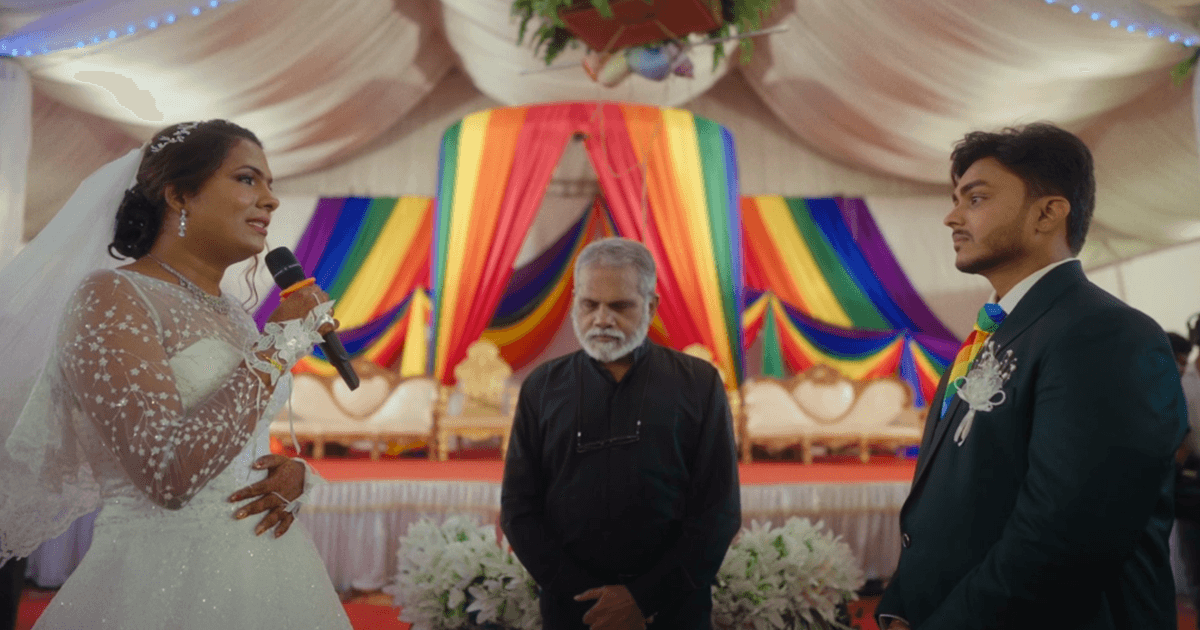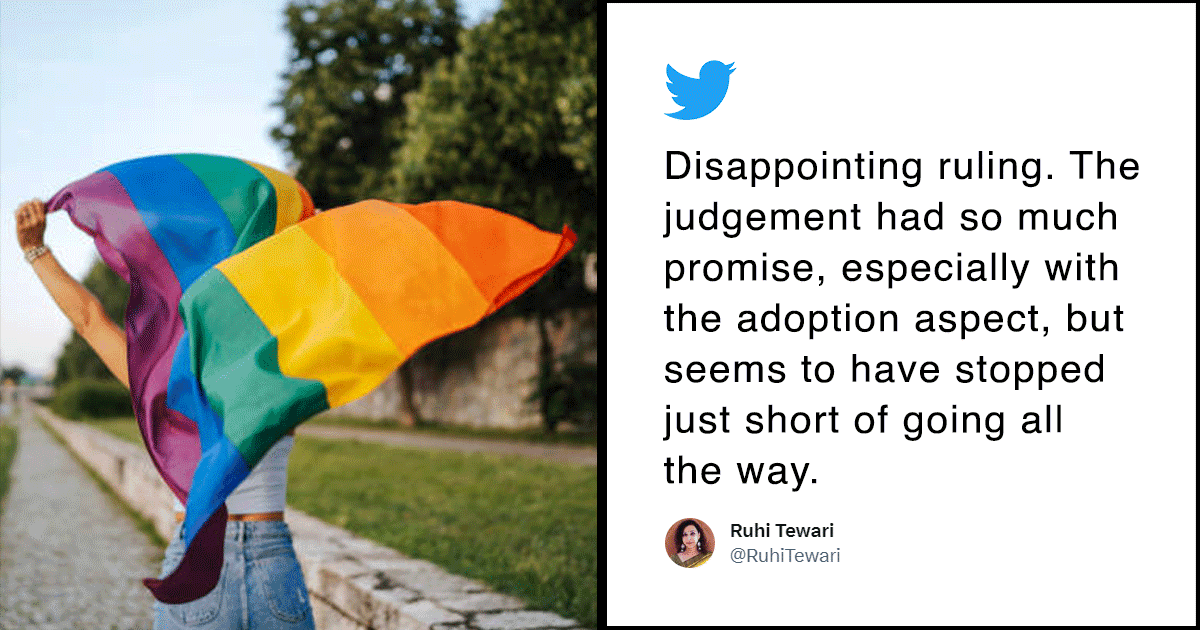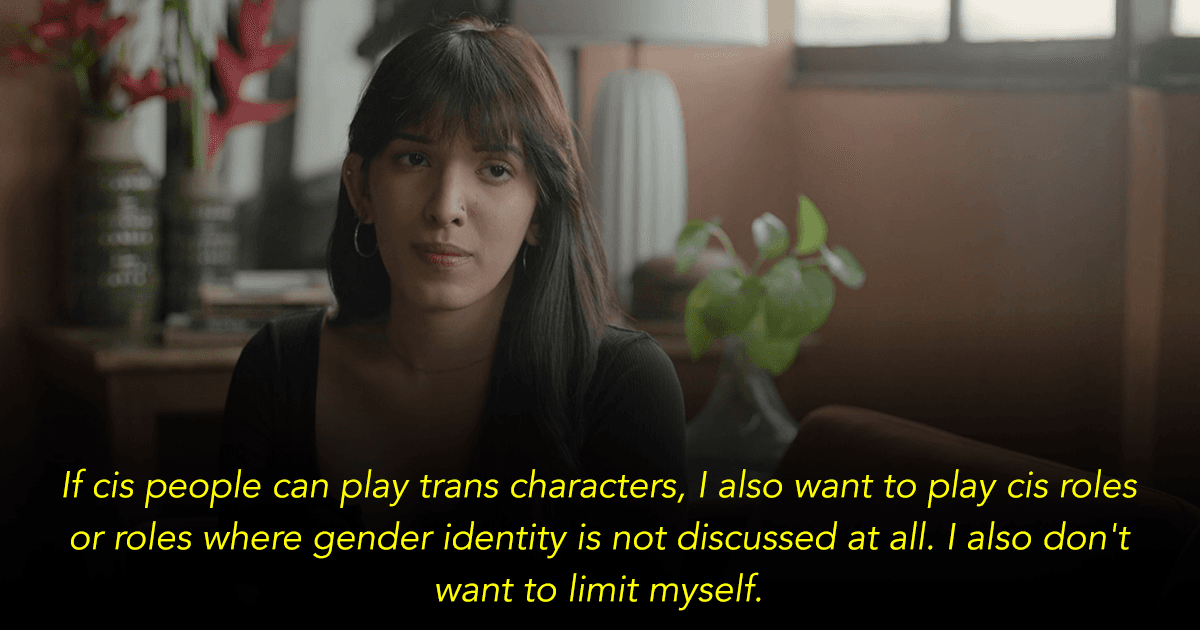Once in a while, you come across a real life love story that sends the romantic in you soaring through your wild imagination. It may be anything, really: a tale of your grandparents, a story of two of your best friends ending up together, strangers you see on the street simply walking hand in hand.
Or it can be a tale of two World War Two soldiers who fell in love and sent around 600 letters back and forth, the only way their love story lived.
Gilbert Bradley and Gordon Bowsher’s epistolatory romance is one of the books, one for the movies, one for life. Being a man in love with a man at a time when you would have been executed had it been discovered sounds no less than a Shakespearean love story (or tragedy?).
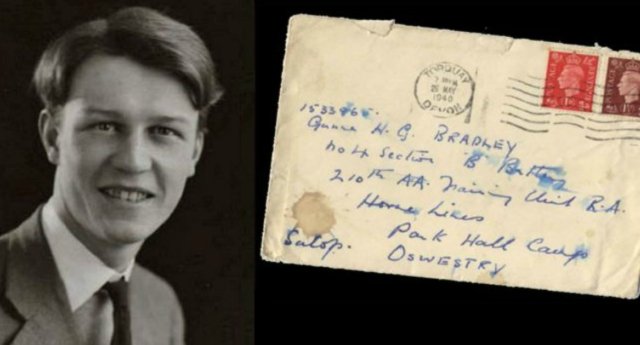
The trajectory is sure to make you smile.
While on military training during World War Two, Gilbert Bradley exchanged hundreds of letters with his sweetheart – who merely signed with the initial “G”.
70 years later, when the letters were being transcribed, it was discovered that G stood for Gordon, and Gilbert had been in love with a man.
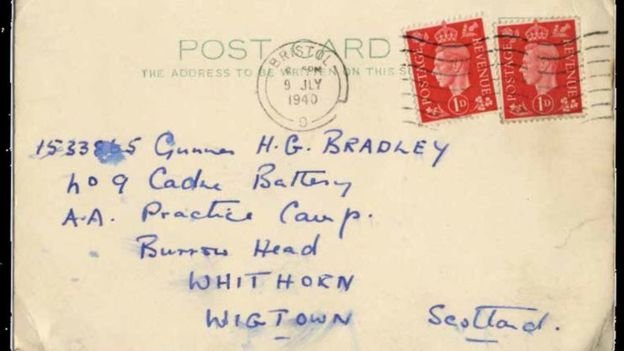
And it was no meaningless love.
At the time, not only was homosexuality illegal, but those in the armed forces could be shot for having gay sex. These letters held promises of a life wanting to be shared, and made public. The letters stand testimony to the fact that it was one of those all consuming, incendiary love.
Wednesday January 24th 1939
The letters emerged after Mr. Bradley’s death in 2008, and are invaluable for shedding light on homosexual relationships during the war.
Most importantly, they weren’t destroyed by the writers.
February 1st, 1941 K . C. Gloucester Regiment, Priors Road, Cheltenham
Sadly, as transcribers realized, the love story didn’t survive.
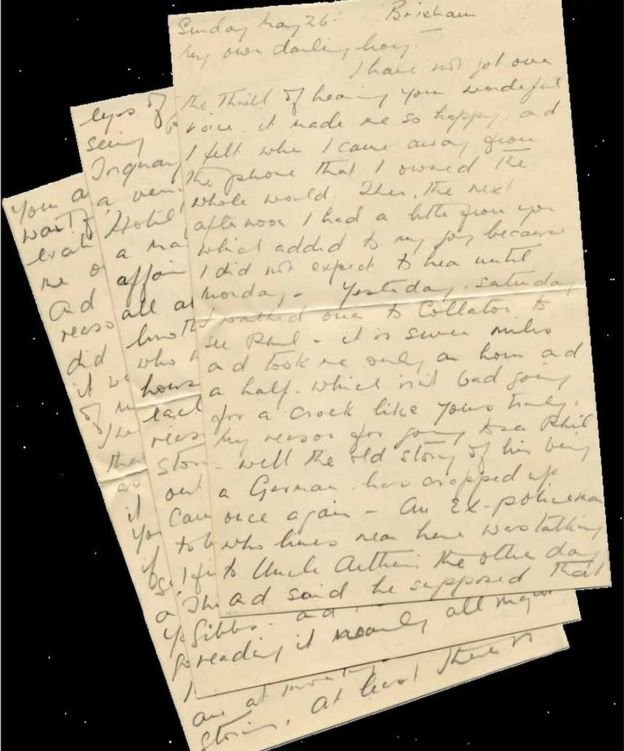
At one point, Mr. Bradley was sent to Scotland on a mission to defend the Forth Bridge. He met and fell in love with two other men. He wrote and told Mr. Bowsher all about his romances. What was surprising was the very understanding reaction that Mr. Bowsher gave him, writing that he “understood why they fell in love with you. After all, so did I”.
The letters stopped in 1945.
Mr. Bradley moved to Brighton and died in 2008. A house clearance company found the letters and sold them to a dealer specializing in military mail.
The letters were finally bought by Oswestry Town Museum when curator Mark Hignett was searching on eBay for items connected with the town.
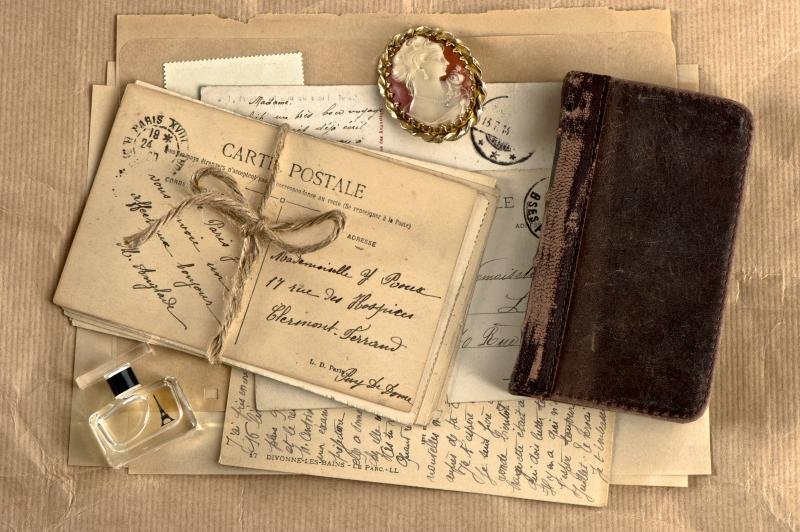
When he spotted there were more for sale, he snapped them up too.
“Such letters are extremely rare because they were incriminating – gay men faced years in prison with or without hard labor,” he says. “There was even the possibility that gay soldiers could have been shot.”
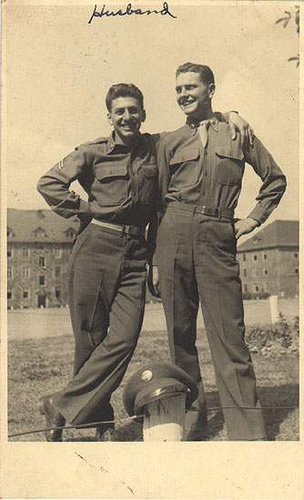
While reading the story, I felt heartbroken by the end of it. But there was one in the letters that caught my attention and brought a smile back to my face by its sheer bittersweet quality.
“Wouldn’t it be wonderful if all our letters could be published in the future in a more enlightened time. Then all the world could see how in love we are.”
Sigh.
You can read the full story here.





